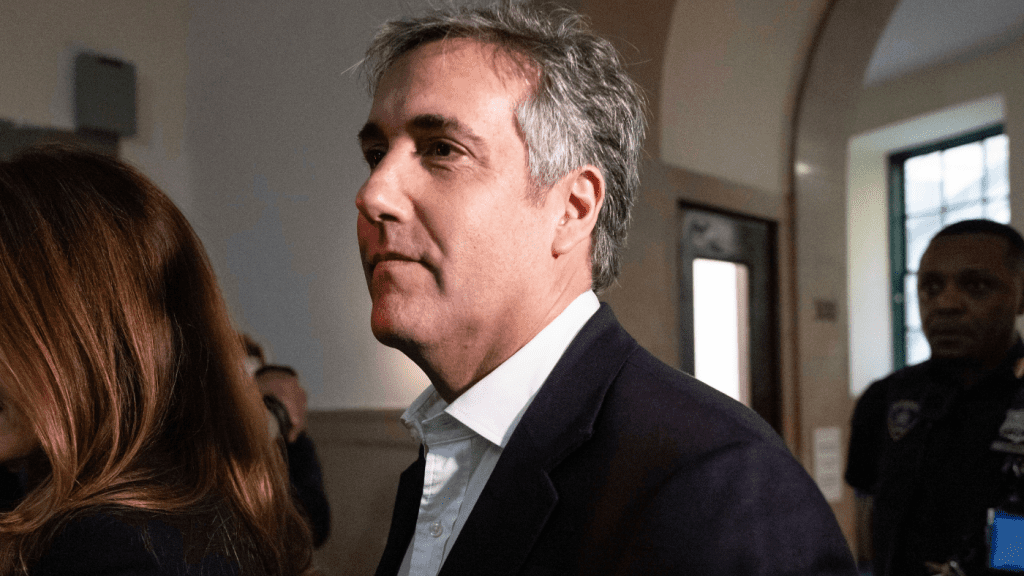A federal judge on Wednesday chose not to punish Michael Cohen and his attorney for submitting fraudulent case citations created by artificial intelligence (AI) – but scolded them for the "embarrassing and certainly negligent" incident.
Cohen, who used to work for former President Trump and admitted to evading taxes and other crimes, had provided the false citations to his lawyer to help with a new attempt to get Cohen released from his supervised release early.
U.S. District Judge Jesse Furman rejected the motion – Cohen's fourth attempt – in a 13-page ruling released on Wednesday, but the judge chose not to impose sanctions against Cohen or his lawyer, David Schwartz, for the false citations.
“The Court has no reason to doubt Cohen’s claim that he thought the cases were real,” Furman wrote. “In fact, it would have been completely irrational for him to provide fake cases for Schwartz to include in the motion knowing they were fake – considering the likelihood that Schwartz would discover the issue himself, not include the cases in the motion (as he should have), or alternatively, that the problem would be discovered by the Government or Court, potentially leading to serious adverse consequences for Cohen.
Cohen's use of AI represented a surprising development in his criminal case, following several other lawyers being caught using similar software to provide fake case citations. Last June, a judge penalized two lawyers after one admitted to using AI-powered chatbot ChatGPT to create fake case citations. Cohen mentioned using Google’s Gemini, which was previously known as Bard.
Just two days after Cohen confessed to using AI, Chief Justice John Roberts made AI the focus of his latest annual report, urging the judiciary to determine its appropriate use in the legal system.
Cohen's recent motion to shorten his supervised release was mainly prompted by his testimony in Trump's civil fraud trial in Manhattan. In the trial, the former president's ex-fixer stated that he and another Trump Organization executive would “reverse engineer” Trump’s assets in order to reach a favorable number.
However, in agreement with prosecutors, Furman stated that Cohen’s testimony in the trial actually provides “reason to deny his motion, not [to] grant it.”
During Cohen’s cross-examination in October, Trump attorney Alina Habba questioned the ex-fixer about the truthfulness of past and current testimony. She referred to testimony in which he had denied being guilty of crimes for which he was convicted, and accused him of breaking his oath to testify truthfully, either when he pleaded guilty or on the stand on that day.
“You committed perjury in that proceeding, didn’t you?” Habba asked. “Did you lie to Judge [William] Pauley when you said that you’re guilty?”
“Yes,” Cohen replied.
Furman described it as “perverse” to cite Cohen’s testimony in the fraud trial as evidence of the disbarred lawyer’s “commitment to upholding the law,” saying that Cohen’s conflicting accounts indicate that he must have committed perjury.
Furman wrote that Cohen's increasing efforts to deny his previous admission of guilt for his crimes show the continuing need to deter him specifically.









